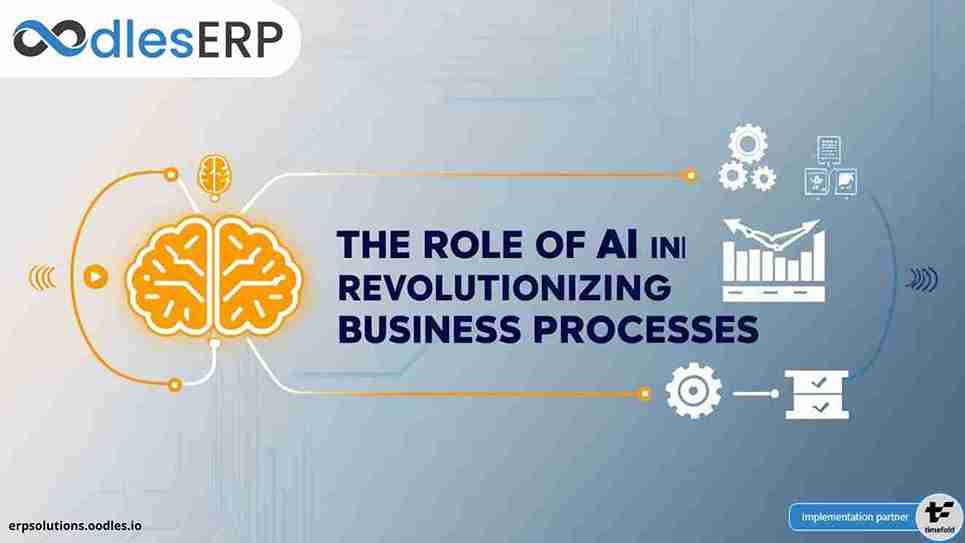As we approach the year 2022, the manufacturing industry is expected to witness some major technological reforms as more businesses embrace the fourth industrial revolution. In this blog post, we drive you through the latest trends that are going to disrupt the manufacturing industry in 2022. Here, our main focus would be on warehouse management software development and its derivatives.
Also, Read Essential KPIs To Track Warehouse Management Efficiency
Cloud Computing
Cloud computing has brought transformative changes to the manufacturing industry, especially when it comes to warehouse management. Adopting cloud services enabled small-scale manufacturers, retailers, and eCommerce companies to streamline their warehouse operations and drive significant cost savings. Besides, cloud-based warehouse management software development eliminates the need for maintaining complex hardware/software infrastructure, thereby keeping overhead costs to a bare minimum. In 2022, we are going to witness a widespread adoption of cloud ERP across industries for warehouse and inventory management processes. According to Statistica, the global spend on cloud computing is expected to grow from $332 billion in 2021 to $397 billion in 2022.
Internet of Things (IoT)
The internet of things has gained significant traction worldwide and is quickly moving towards mainstream acceptance. Over recent years, there has been a substantial increase in the number of connected devices in all aspects of our day-to-day lives. The manufacturing industry represents a large proportion of the global IoT spend. Radio frequency identification (RFID) is an apt example of IoT in warehouse management. According to International Data Corporation (IDC), the global investment in IoT for warehouse management is expected to grow by up to 11.3 percent (CAGR).
Also, Read Custom ERP Software Development For The F&B Industry
Supply Chain 4.0
The advent of the fourth industrial revolution significantly improved the way we manage supply chain operations by implementing next-gen technologies like AI, IoT, blockchain, and cloud computing. As a result, it rendered complete transparency and connectivity across different SCM activities, enabling enterprises to track shipments and automate workflows. In the coming year, supply chain 4.0 is going to make steady inroads into mainstream businesses.
3PL and 4PL Logistics
We have already witnessed tremendous growth in third-party logistics across the manufacturing and supply chain industries. As of today, 3PL is one of the most extensively used logistics models across the globe. However, many small-scale enterprises continue to rely on 2PL logistics to this day. In 2022, we are going to see widespread adoption of 3PL logistics as new enterprises build trust in third-party logistics service providers. At the same time, 4PL logistics is likely to gain traction worldwide as more businesses invest in automating their entire supply chain.
You may also like to read The Importance of Inventory Management For eCommerce
Conclusion
Warehouse management software development has come a long way with numerous technological advancements, making operations more streamlined than ever before. It is only an indication of the groundbreaking inventions that are yet to come. As time goes by, we shall see drones and robots continuing to replace humans, in return, offering more agile and streamlined workflows. Evidently, machines have already taken over many labor-intensive roles in manufacturing and supply chain industries. Soon, we shall see machines and software algorithms collectively handling more complex warehouse operations such as storage, procurement, shipping, and more.
Why Choose Oodles ERP For Warehouse Management Software Development?
We are a seasoned ERP development company that provides complete business solutions to cater to the industry-specific needs of our customers. Our custom WMS software development services enable enterprises to efficiently manage their inventory and warehouse operations with increased security, transparency, and interoperability. We use open-source software platforms like Odoo, OFBiz, ERPNext, and Opentaps to build scalable business solutions for diverse business needs. Our development team specializes in using the latest tech stack for implementing cutting-edge technologies like AI, Big Data, cloud, and IoT. To learn more about our warehouse management software development services, drop us a line at [email protected].










